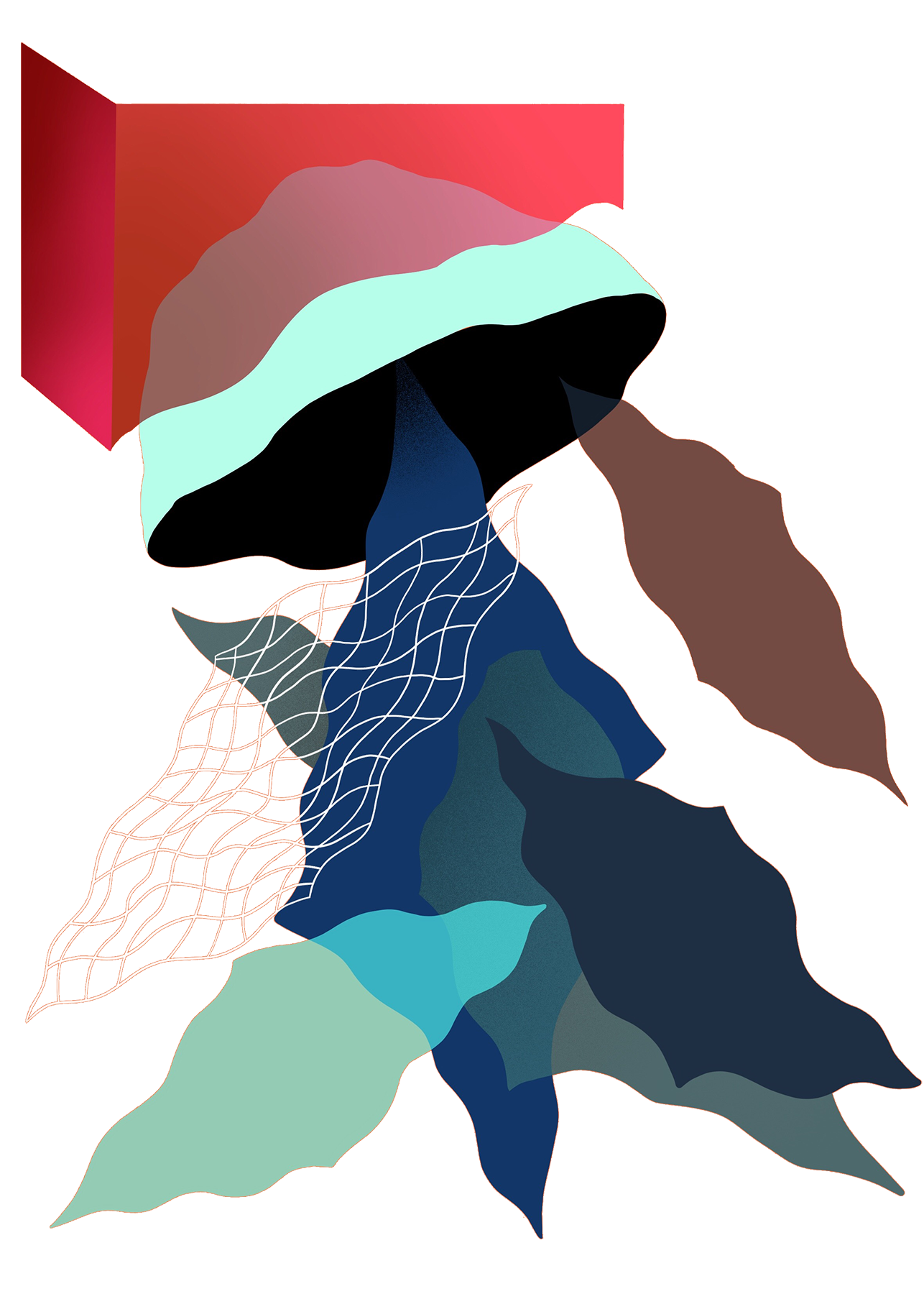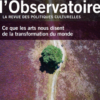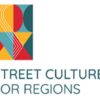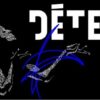This text is licensed under the Creative Commons license Attribution-NonCommercial-ShareAlike 4.0 International. The link to the original material is situated at the top right of the text.

Reshape
Collaborative project with multiple involved organizations and individuals
2018
Keywords: arts ecosystem, collaborative models, artistic and social innovation, solidarity, sustainability
Threads: Cooperating with(in) arts and culture, (Un)framing Knowledge
Short description
Personal appreciation
Contribution to the "Who knows?" handbook
The project proposes resources that are close to the reflection we want to promote in Shakin’. The consortium is composed of very big institutions and smaller cultural organisations that want to change their practices and explore alternatives for the cultural sector – what is really interesting is that they decided to rely on professionals from the independent scene because “RE-SHAPE partners are convinced that artists and cultural workers are innovation experts, that they are the ones who should invent future models for the arts sector.”
They work on 5 major challenges :
1) Value of art in social fabric - How to encourage under-standing of and promote the value of art in social fabric?
2) Fair governance models - How to make open, inclusive and flexible governance models?
3) Art and citizenship - How can art better support practising citizenship together?
4) Transnational / post-national artistic practices - What frame-work and tools do artists working transnationally need and how to provide them?
5) Solidarity Economies - How can solidarity funding encourage the vitality of contemporary arts in these uncertain times?
Material(s)
“The Humid Knowledge Library is a space where dry and wet knowledge can come together without hierarchical relationship, competition, or resistance towards each other. A space where dry and wet knowledge overlay, intermingle, flow into each other and learn from one another. Here practical knowledge of knowing through doing becomes just as valuable as the maybe more drily learned institutional knowledge, and, together, a humid common ground is created. From this humid ground, from which almost all forms of ‘life’ come, we may be able to grow new things.”
Link to material #2 - Value of Art in Social Fabric
An interactive resource to question and reflect on conditions for independent cultural workers and artists.
“Using the metaphor of home, we questioned and mapped the areas of crisis that are affecting independent cultural workers and artists. Each room holds provocations in the form of questions, sometimes for ourselves but mostly directed at the institutions, funders, and large-scale organisations in positions of power, to challenge the toxic and oppressive work systems that we find ourselves in.”
Additional Information
| Location | Online |
| Original language(s) | English |
| Existing translations | |
| Length | 2,5 years |
| Project runtime | 2018 - 2021 |
| Institution of affiliation | ACT Association (Sofia, Bulgaria) AltArt Foundation (Cluj-Napoca, Romania) Artemrede (Santarém, Portugal) Arts and Theatre Institute (Prague, Czech Republic) British Council (London, United Kingdom) Bunker (Ljubljana, Slovenia ) East European Performing Arts Platform (Lublin, Poland) Flanders Arts Institute (Brussels, Belgium) Goethe-Institut Barcelona (Barcelona, Spain) Onassis Foundation & Onassis AiR: (inter)national artistic research program (Athens, Greece) Onda — French office for contemporary performing arts circulation (Paris, France) POGON – Zagreb Centre for Independent Culture and Youth (Zagreb, Croatia) Pro Helvetia (Zürich, Switzerland) |
| Sponsor(s) | European Union (Creative Europe programme) Sofia Municipality (culture programme) French Ministry of Culture Republic of Croatia Ministry of Culture Municipality of Croatia Adam Mickiewicz Institute |
Additional Pictures
Creative Commons
Related Contributions

Ce que les arts nous disent de la transformation du monde (What the arts say about world transformations), Revue L’observatoire n°57, la revue des politiques culturelles
Jean-Pierre Saez, Maud Le Floc’h, Camille de Toledo, Bruno Latour, Estelle Zhong Mengual, Marielle Macé, Jean-Philippe Ibos, Lauranne Germond, Thierry Boutonnier, Thierry Dutoit, Olga Kisseleva, Benoit Peeters et François Schuitten
2021
This magazine gives the floor to artists and philosophers focused on climate change and biodiversity in relation to art. They tell us how the world is changing, the main issues and their vision on a new world they are expecting.

Street culture for regions
Collective
2021
A set of different resources that can help discovering, explaining and analyzing the connection between entrepreneurship and street culture

DETER
Bintou DEMBELE, Albane GUINET-AHRENS, Cathy BOUVARD, Renan BENYAMINA
2021
A learning program that promotes artistic practices coming from street culture and whose common point is to declare themselves self-taught, based on pedagogical methods that use the body, the relationship to origins and peer learning.







